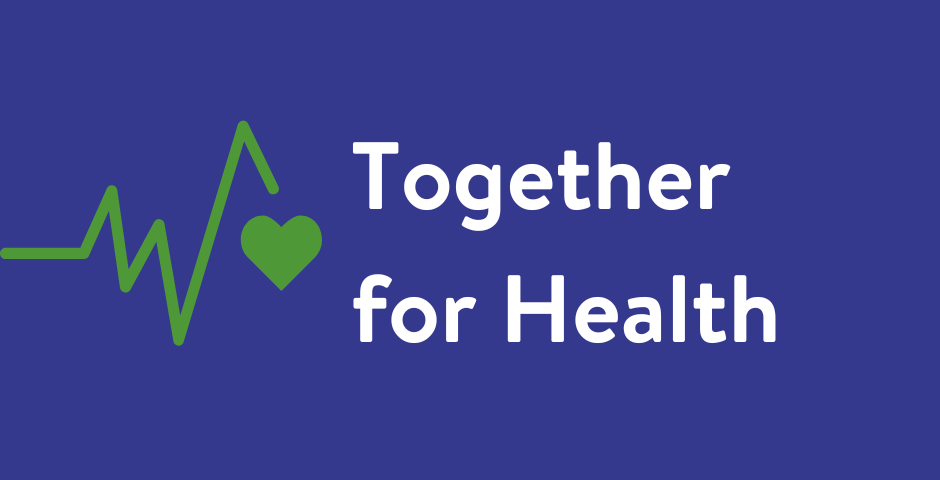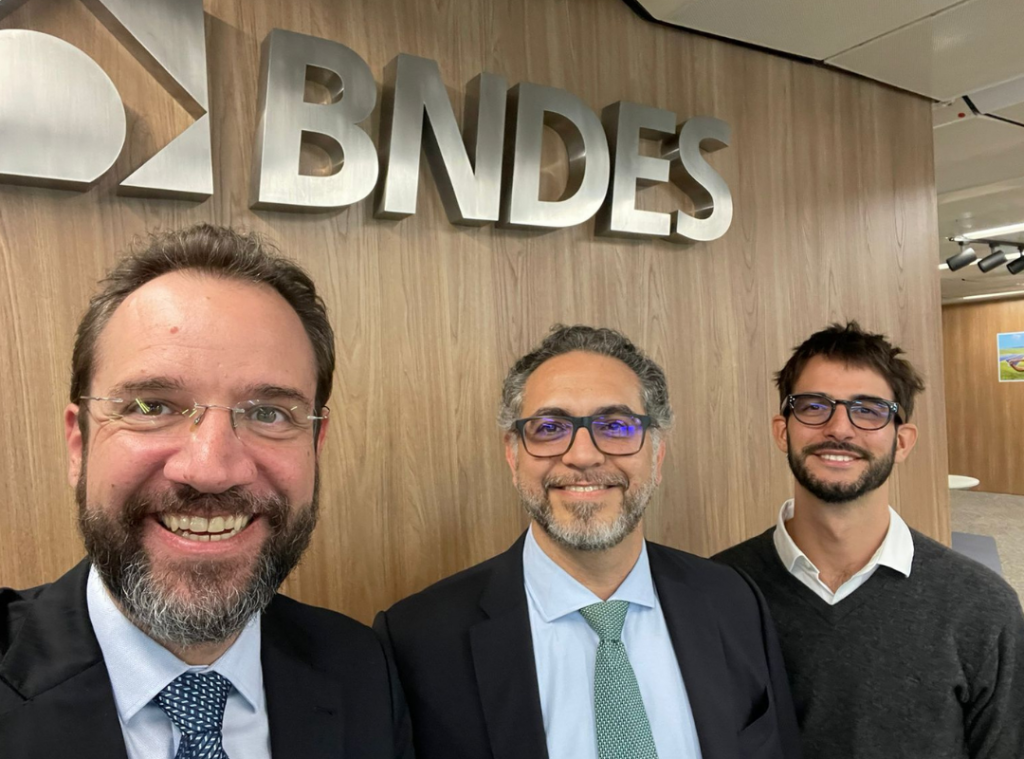The Brazilian Unified Health System, known as SUS, is universal, free, and a worldwide reference. Nevertheless, it could benefit even more people and perform better if allocating public and private resources.
Did you know that for 18% of the Brazilian population, especially in the North and Northeast regions, the number of doctors available in public health is less than 1 for every thousand inhabitants? The Brazilian average is 2.15 per thousand.
In addition, the average life expectancy in these regions is 3 years lower than in the rest of the country. At the same time, the infant mortality rate is 3% higher compared to the Central and South regions.
Let’s change this reality together!
What is Together for Health?
Together for Health Program is a donation initiative of the BNDES (National Bank of Social and Economic Development) in the matchfunding style. In other words, it will be co-financed by the private enterprise and social organisations to allocate R$ 200 million* to projects in the health area of the North and Northeast regions over four years.
R$ 1 in donations + R$ 1 BNDES = donation to strengthen public health
With these guidelines, the initiative confirms its alignment with UN Sustainable Development Goals (SDGs) 3 – Health and Wellness, and 10 – Inequality Reduction.
What is the Program’s goal?
Supporting and strengthening the Brazilian Health System (SUS) in the North and Northeast regions, focusing on improving the efficiency of health service provision, quality, and integration of the system as a whole.
Who will benefit from the Program?
The entities that can receive resources from the program are: non-profit private organizations (Philanthropic Health Units, for example) or public bodies that do not depend on transfers of resources from the Union for their maintenance. The health projects presented must be in line with the premises of Together for Health and will be submitted to the approval of the Validation Committee, formed by members of the BNDES and other supporters of Together for Health.
How will the resources be invested?
Depending on the supported health unit’s needs, there will be three possibilities for investment:
– Fixed assets: equipment acquisition or execution of recovery, modernization, expansion, and construction works;
– Management: telehealth system, digital systems, regulation systems, and implementation of applied management methodologies;
– Campaigns: cost of temporary health service provision campaigns associated with the start of health infrastructure operation.
Who participates:
– BNDES – Banco Nacional de Desenvolvimento Econômico e Social (National Bank of Economic and Social Development): promoter and financer of the initiative.
– IDIS – Instituto para o Desenvolvimento do Investimento Social (Institute for the Development of Social Investment): responsible for resource management, fundraising, and project selection that will benefit from the Program.
– Impulso Gov: author of “Impulso Previne”, a project that brings together solutions and free services for municipalities to expand the reach and quality of SUS primary care and is already eligible to receive investments.
Together for Health supporters
– Vale Foundation
– Banco do Brasil Foundation
Join us!
To learn more about how to get involved, visit our website or contact juntospelasaude@idis.org.br
* On December 2022, USD 1 is equivalent to R$ 5,20




